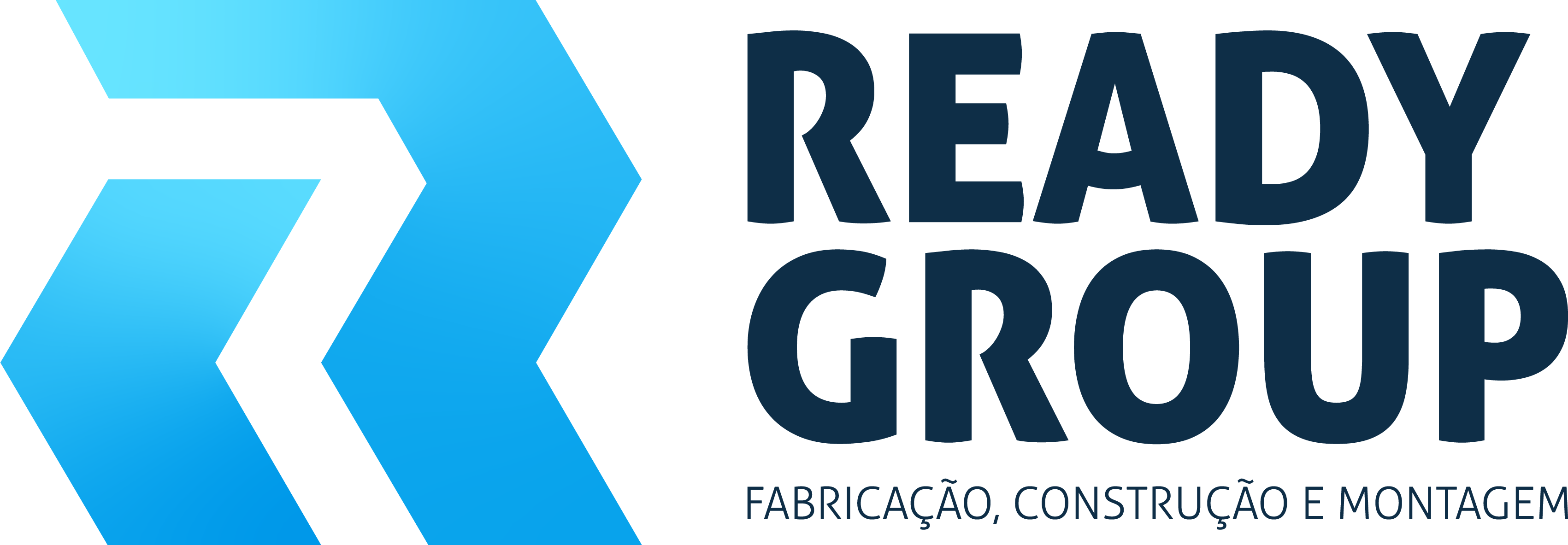Compliance
At Ready Engenharia we conduct our business with ethics, integrity and transparency, in accordance with our principles and values, best governance practices and current legislation.
In order to consolidate what we do right, Ready Engenharia has created a Compliance System that goes beyond compliance with rules and regulations, it expresses our way of being and acting, the way we conduct our business.
Ready Engenharia’s Compliance System is based on Anti-Corruption Law No. 12.846/2013.
Reporting Channel: +55 (12) 98815-2139
Commitment to ethics:
Ready Engenharia’s ESG (environmental, social, and corporate governance) practices aim to provide unblemished behavior in all the environments in which it operates, by sowing the seeds and maintaining the commitment of its employees to ethics towards third parties.
To this end, the Ethics Committee has been set up – including a reporting center – to ensure compliance with our codes, as well as to prevent any breaches and, in the event of non-compliance, to apply the appropriate penalties.
Download our code of ethical conduct.![]()
The support of senior management:
The “top management” – made up of the following internal bodies: the executive board and the board of directors – unconditionally support the structures of compliance efforts, from the allocation of resources to the effective approval of internal rules.
The purpose of the compliance program:
It consists of a set of rules and procedures designed to prevent, detect and investigate, but always aimed at acting in a proficient and unblemished manner, including acting against fraud, acts of corruption and non-compliance with free competition – the main rules for safeguarding the commitment made by Ready Engenharia, approved by Senior Management, are set out in our Code of Ethical Conduct, as well as the most varied guidelines.
The specific destination:
Our program is not only aimed at employees, but also at everyone else who makes up the production and service provision process, so it extends from the employee to senior management within the company.
It also extends to external relations, from suppliers to public administration and private law contracting entities.
The structural basis of compliance – PREVENTION;
It consists of tools that identify and manage risks, the scope of which is to mitigate risks.
The risks mentioned above are legal, financial and operational, which are interdependent – motivating teamwork to identify them, prevent them from happening and, ultimately, remedy them.
The legal risks relate to the fairness of Ready Engenharia, given that there are various bioethical precepts in addition to compliance with all the other legal, procedural and internal rules of Ready Engenharia in every act carried out, in every contract entered into – it is up to the company’s bodies to identify and treat with seriousness and discernment.
To this end, there is integration between corporate governance, which is responsible for integrating and training employees, as well as overseeing employee compliance, and the other corporate bodies in order to establish compliance – avoiding any and all misconduct with regard to fraud, data protection, etc.
For implementation – as already mentioned – there will be the integration of institutional actions, such as: face-to-face and remote courses, consultancies, conferences, communications and circulars, whether on specific sectoral or even general issues, as well as for third parties.
Relationships with third parties:
Relationships with third parties are essential for business development. After all, human beings are essentially social beings, so those who refuse to socialize deny their very existence.
In this sense, the relationship with third parties, although essential, has to be protected by rules as a matter of operational-financial and legal control, given that it is from these relationships that risks and misdemeanors emerge.
In this respect, all employees must pay close attention to our rules regarding the receipt or offer of gifts, presents and hospitality.
The structural basis of compliance – DETECTION:
DDI: Integrity Due Diligence (IDD) consists of asking companies for their information, from organizational structure to existing relationships, in order to ascertain the risks of contracting.
BCI: The Background Integrity Check (BCI) consists of investigating and analyzing the conduct of members who have an important role in decision-making, whose integrity and fairness are the main values to be considered.
Auditing: An important means of detection, since it will monitor with total autonomy and independence through an elected member or member of the board of directors.
Reporting channel: It will be the tool used so that any employee, as well as any third party outside the relationship who becomes aware of any situation that indicates a violation or potential transgression of ethical principles, policies, rules, laws and regulations or any other improper and/or illegal conduct, can report it without any retaliation, and the information will be treated as confidential.
The structural basis of compliance – APPROVAL:
This last phase will be remedial, i.e. when some fundamental rule or precept of the company has been breached, so a “judgment” will be made based on ethical, sober, impartial and always good-faith precepts capable of satisfying the best resolution to the interference that has occurred with the application of sanctions either for senior management or for individuals or legal entities, through specialized committees on a case-by-case basis, within the existing bodies in the corporate organizational structure.
The search for perfection:
Society is dynamic and, as a result, we are not bound by rules, but also by customs and judgments in accordance with the existing reality. In this sense, we will constantly train, improve and change our rules in order to adapt them to social evolution, without detracting from the good faith and integrity of our corporation and our employees.
With this, we will bring internal indicators of the quality of productivity through the adoption of procedures and respect for standards whose purpose is to guarantee the evolution of the program.
The standards submitted:
In carrying out our corporate purpose, we will comply with the laws of all spheres, but in particular: Law No. 9.613 of March 3, 1998 (Money Laundering) “ Law No. 12.813 of May 16, 2013 (Conflict of Interest) ‘ Law No. 12.846 of August 1, 2013 (Anti-Corruption Law) ’ Decree 11.129 of July 11, 2022 (Administrative and Civil Liability of Legal Entities) ” Law No. 12.529 of November 30, 2011 (Competition Defense Law).


